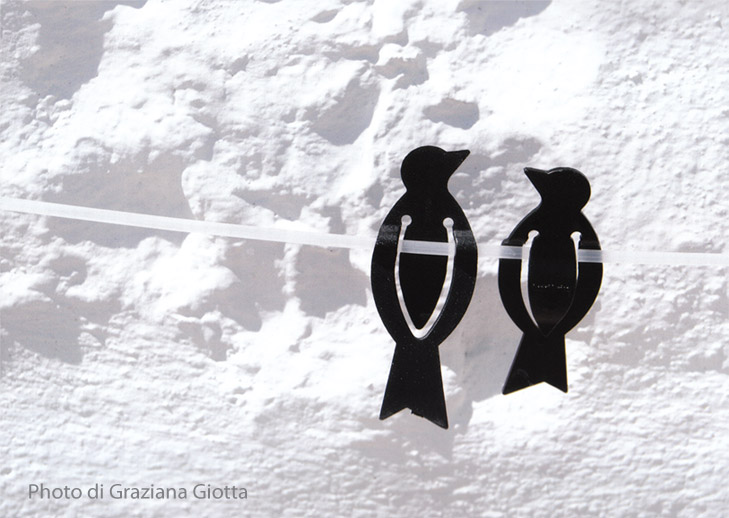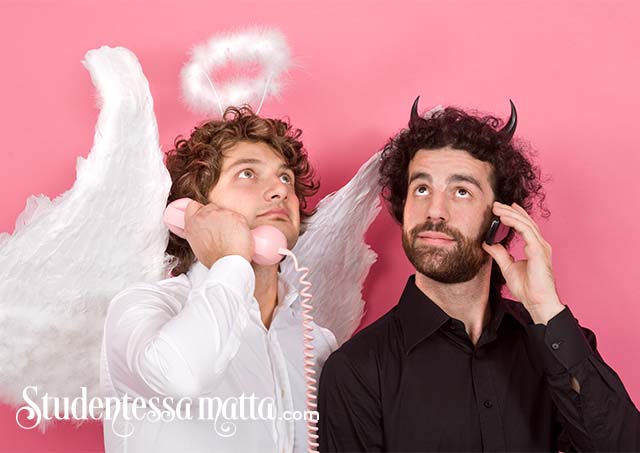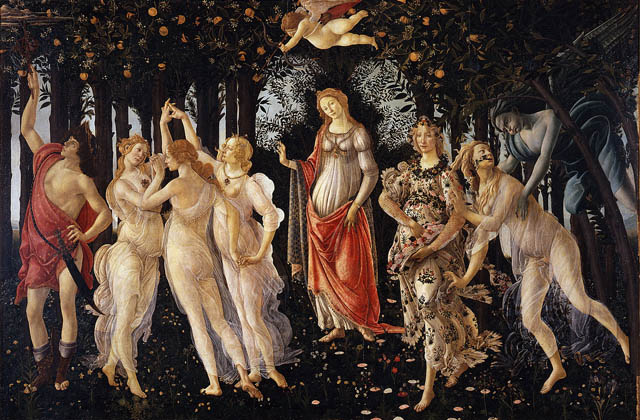
Giorni della merla – la legenda della merla
Il mese di gennaio è alle porte. È quasi già finito. Il tempo se ne va, ma non il freddo! Anche se siamo sulla soglia di Febbraio, siamo ancora in pieno inverno. C’è un gelo nelle tue ossa e ti chiedi se verrà l’estate. Sono stata su Skype con un’amica che abita in Italia. Durante la conversazione, era avvolta in una coperta, ma tremava ancora.
The month of January is slipping away. It is almost already over. Time is flying by but not the cold! Even if we are on the threshold of February, we are still in the middle of winter. There is a cold that just sinks into your bones and makes you wonder if summer will ever arrive. I was on Skype with a friend who lives in Italy. While we talked, she was wrapped in a blanket but still shivering just the same.
Questa particolare immagine che la mia amica ha realizzato mi fa pensare alla leggenda del merlo. In Italia si dice che negli ultimi tre giorni si può prevedere come andrà il resto dell’inverno. Quasi come il nostro Giorno della Marmotta. In America, il 2 Febbraio, se la marmotta vede la sua ombra resta terrorizzata e va sotto terra per più di sei settimane. Questo è un segno che l’inverno continuerà a lungo. Se il tempo è bello, la marmotta non si spaventa e viene fuori dalla tana e non torna, ciò significa che la primavera è dietro l’angolo.
This particular photo that my friend took makes me think of the legend of the blackbird. They say that the last three days predict how the rest of the winter will go in Italy. It is kind of like our Ground Hogs Day. In America, on the 2nd of February, if the groundhog sees his shadow, he is terrified and goes underground for six more weeks. This means that winter will continue a bit longer. If instead the weather if sunny, the groundhog doesn’t scare himself and thus emerges from his den, signifying that spring is just around the corner.
Ecco la leggenda della merla /
Here is the legend of the Blackbird
La leggenda del merlo: Secondo la tradizione, se 29, 30 e 31 gennaio sono in realtà i giorni più freddi dell’inverno, la primavera arriverà presto. Se le giornate sono tiepide, la primavera arriverà in ritardo.
Here is the legend of the Blackbird: According to tradition, if the 29, 30, and 31 of January are indeed the three coldest days of winter, then spring will arrive early. If they are warm, spring will come late.
La storia racconta che, tanti anni fa, durante questo periodo (gennaio 29, 30 e 31) un bel uccello, orgoglioso, con le piume bianche come la neve, cercava rifugio dal freddo intenso. Il solo posto sicuro era un camino. Lì l’uccello si nascose per tre giorni. Quando il tempo è diventato più caldo l’uccello uscì dal camino. Tuttavia, le piume sono rimaste per sempre colorate dalle ceneri del caminetto e fino ad oggi è così – un uccello nero.
As the story goes, a long time ago, on these days (January 29, 30, and 31), a beautiful, proud bird with feathers white as snow sought refuge from the intense cold. The only haven it could find was in a chimney. There the bird hid for three days. When the weather grew warmer, she emerged from the chimney. However, her feathers were forever darkened by the chimney’s ashes, and she remains a blackbird to this day.
Ascoltate una bella canzone “La Merla” che racconta questa leggenda.
Listen to a lovely song called “La Merla” that tells the story of this legend.
Questo gennaio è stato davvero gelido! Tuttavia se crediamo nella leggenda della merla la primavera arriverà presto quest’anno. Forza! Dobbiamo soffrire questo inverno solo alcune settimane in più! Felice febbraio per tutti!
This January has indeed been frigid! However, if we believe the legend of the blackbird, spring will arrive soon this year. Take heart! We must suffer winter for just a few more weeks. Happy February, everybody.











Che bella canzone,Melissa! Delle parole non ho capito un fico secco,però io adoro questo tipo di musica.Il suono del flauto lo trovo sempre incantevole.
P.S.Ecco le ultime notizie sul dibattito che ha catturato l’interesse dell’Italia intera, Adriano Celentano ci sarà o non ci sarà(a Sanremo.) Ci sarà!